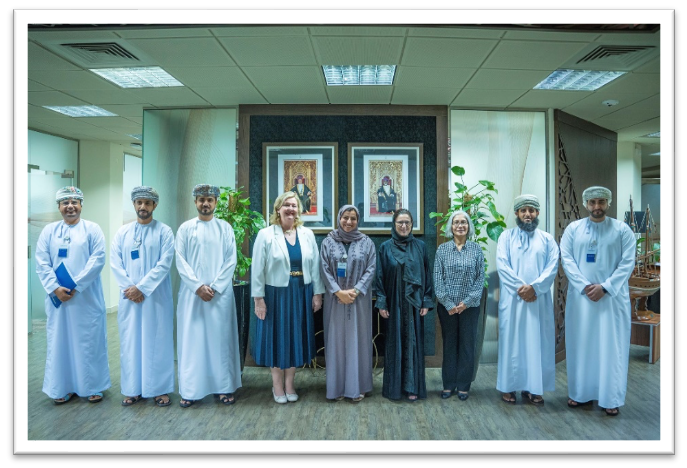The Sultanate of Oman’s economic transition is driven by entrepreneurship, as noted in the country Vision 2040. The country is aiming to diversify the economy and increase the contribution of non-oil sectors. Thus it is important for policymakers and other key stakeholders to leverage Global Entrepreneurship Monitor research to inform decision-making. The latest example of this is the GEM Oman National Report, available in both Arabic and English.
“Starting new businesses will support Oman’s transfer to a knowledge-based economy,” said Dr. Abdullah Al Shukaili, Executive Director of the University of Nizwa, Entrepreneurship Center and GEM Project Team Leader. “Entrepreneurship creates new job opportunities for Omani youth, encourages innovation and creativity, adapts new technology, and increases national productivity and knowledge transfer, thus enhancing economic growth.”
The Omani economy is diversifying with a focus on technology, knowledge and innovation. This transition has led the Omani government to set up policies and programs to promote national talent to actively participate in the country’s economic development through their involvement in small and medium enterprises.
This GEM Oman project, established in 2019, provides a comprehensive evidence-based set of insights for policymakers and other key stakeholders. The latest national report offers a detailed picture of Oman’s entrepreneurship profile and highlights comparisons with other countries in the region as well as year-on-year progress updates.
On that note, key findings from the most recent report include:
- Less than 80% of the adults in the Sultanate of Oman reported believing that entrepreneurship is a good career choice, that entrepreneurs receive high social status and recognition, and that entrepreneurs receive positive media attention, while around 45% viewed that it is easy to start a new business in the Sultanate. These figures were lower than the previous year.
- The percentage of the adult population reporting that they personally know an entrepreneur declined to 69.5% in 2021 from 84.2% in 2020. The perceptions of adequate levels of entrepreneurial opportunity (67.8%) and capability (59.2%) among the adult population of Oman have also declined from the 2020 figures of 83.9% and 64.7% respectively.
- Only 23.3% of adults saw that good opportunities would not be taken up due to fear of failure, which is by far the lowest among the Gulf Cooperation Council countries and the MENA region.
“Oman will need action to enhance and stimulate its economic growth and maintain economic stability during the coming decade,” explained by Al Shukaili et al (2022).
The National Report features an important call to action from His Majesty Sultan Haitham bin Tarik Al Said: “As for our sons and daughters from among entrepreneurs who wish to establish their private projects, we are resolved to lend them our support and encourage their entrepreneurship programs. We will offer necessary support and incentives to small and medium enterprises, given their vital role in stimulating economic activity and employment opportunities.”
In addition to Al Shukaili, report authors include the following University of Nizwa Entrepreneurship Center researchers: Norizan Mohd Kassim, Kawther Al Kindi, Swadhin Mondal, Abrar Al Alawi, Fatma Al Ghafri and Fatma Al Abdali, as well for the other team members for the technical and administrative support.
The University of Nizwa, The Small and Medium Enterprises Development Authority and the Oman Chamber of Commerce and Industry are sponsors of the research.

